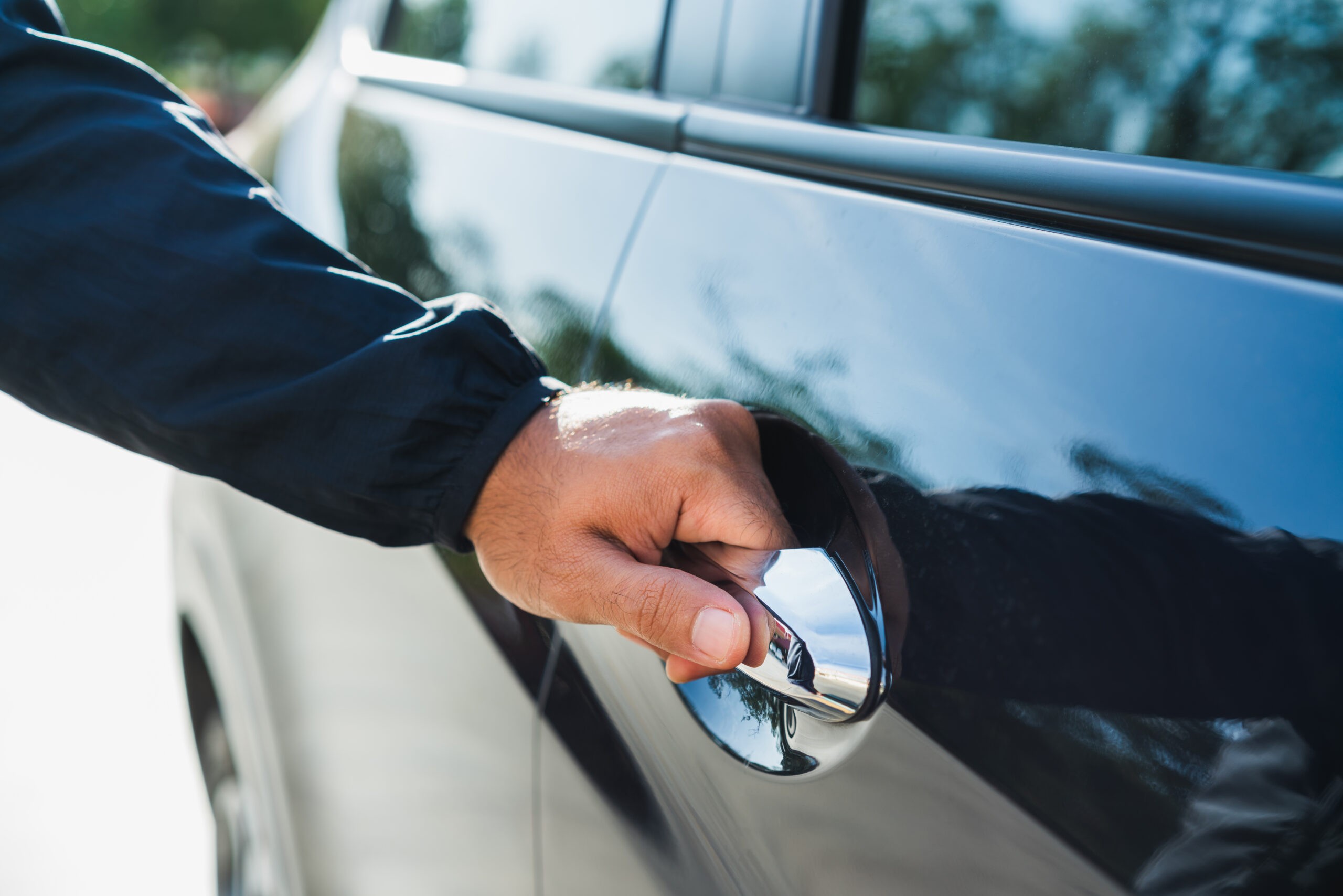Car repossession is a stressful experience, often occurring during already challenging times like illness, job loss, or divorce. If you’ve fallen behind on your car payments, you might be worried about what happens after your vehicle is repossessed. A key concern for many is: where do they take your car after repo? Understanding this process is crucial for knowing your rights and next steps.
The Role of the Repossession Agent and Initial Vehicle Location
Once a lender decides to repossess your vehicle due to loan default, they typically hire a repossession agent. These agents are tasked with locating and taking the vehicle, sometimes without prior warning. It’s important to note that in many places, repo agents are required to notify local police departments of their intent to repossess a vehicle to avoid confusion with car theft.
Repo agents may attempt to recover your car from various locations:
- Your Home or Workplace: These are common places agents will look, as these are your known regular locations. They might arrive with a tow truck to take the vehicle.
- Public Places: Agents can track and repossess vehicles in public areas such as shopping malls, parking lots, doctor’s offices, or even the homes of friends or family.
- Any Location the Vehicle is Found: Legally, as long as the repossession agent doesn’t “breach the peace,” they can take the vehicle from wherever they find it. “Breaching the peace” generally means using physical force, threats, or entering a closed garage without permission.
Modern technology can also play a role. Some dealerships install GPS tracking or remote car disabling devices at the time of purchase, making it easier for repo agents to locate vehicles.
After repossession, and immediately after securing your vehicle, the repo agent will typically move it to a secure storage facility, often referred to as a repo lot or impound lot.
From Repo Lot to Auction: What Happens Next?
The repo lot is essentially a temporary holding place for repossessed vehicles. Your car will be taken to one of these facilities pending further action from the lender. It’s crucial to understand that the repo lot is not the final destination.
Within a certain timeframe after repossession, the lender is legally obligated to send you a repossession notice, officially called a “Notice of Intent to Sell Property.” This notice is critical and will provide you with important information, including:
- The location of your vehicle: This is where your car is being stored, likely the repo lot.
- How to recover your personal property: You have a right to retrieve personal belongings left in the car. The notice will detail how and where to pick these items up.
- The amount needed to redeem your vehicle: This will be the total amount you need to pay to get your car back. This may include the full loan balance, past due payments, repossession costs, and storage fees.
- The deadline to act: The notice will specify a timeframe within which you must act to redeem your vehicle before it is sold.
If you cannot afford to redeem your vehicle by paying the required amount, the lender will proceed to sell it. This sale is typically done through an auction or a private sale. The proceeds from the sale will be used to pay off your outstanding loan balance.
Deficiency and Your Rights
After the car is sold, the lender is required to send you a deficiency notice. This notice will inform you of:
- The sale price of your vehicle.
- The remaining balance on your loan after the sale proceeds have been applied. This remaining balance is called the deficiency.
- Any expenses associated with the repossession and sale.
You are legally responsible for paying this deficiency balance. However, you also have rights throughout this process. It is crucial to:
- Review your loan agreement: Understand the terms and conditions related to default and repossession.
- Keep all notices from the lender: These documents are important for understanding your options and timelines.
- Retrieve your personal property promptly: Don’t delay in getting your belongings from the repossessed vehicle.
- Seek legal advice if you believe the repossession was wrongful: If you believe the repo agent breached the peace or your rights were violated, consult with a consumer protection attorney.
Understanding where your car is taken after repossession is just the first step. Knowing your rights and the subsequent steps in the repossession process is essential for navigating this difficult situation and protecting your financial interests. If you are facing vehicle repossession, being informed and proactive is key.


